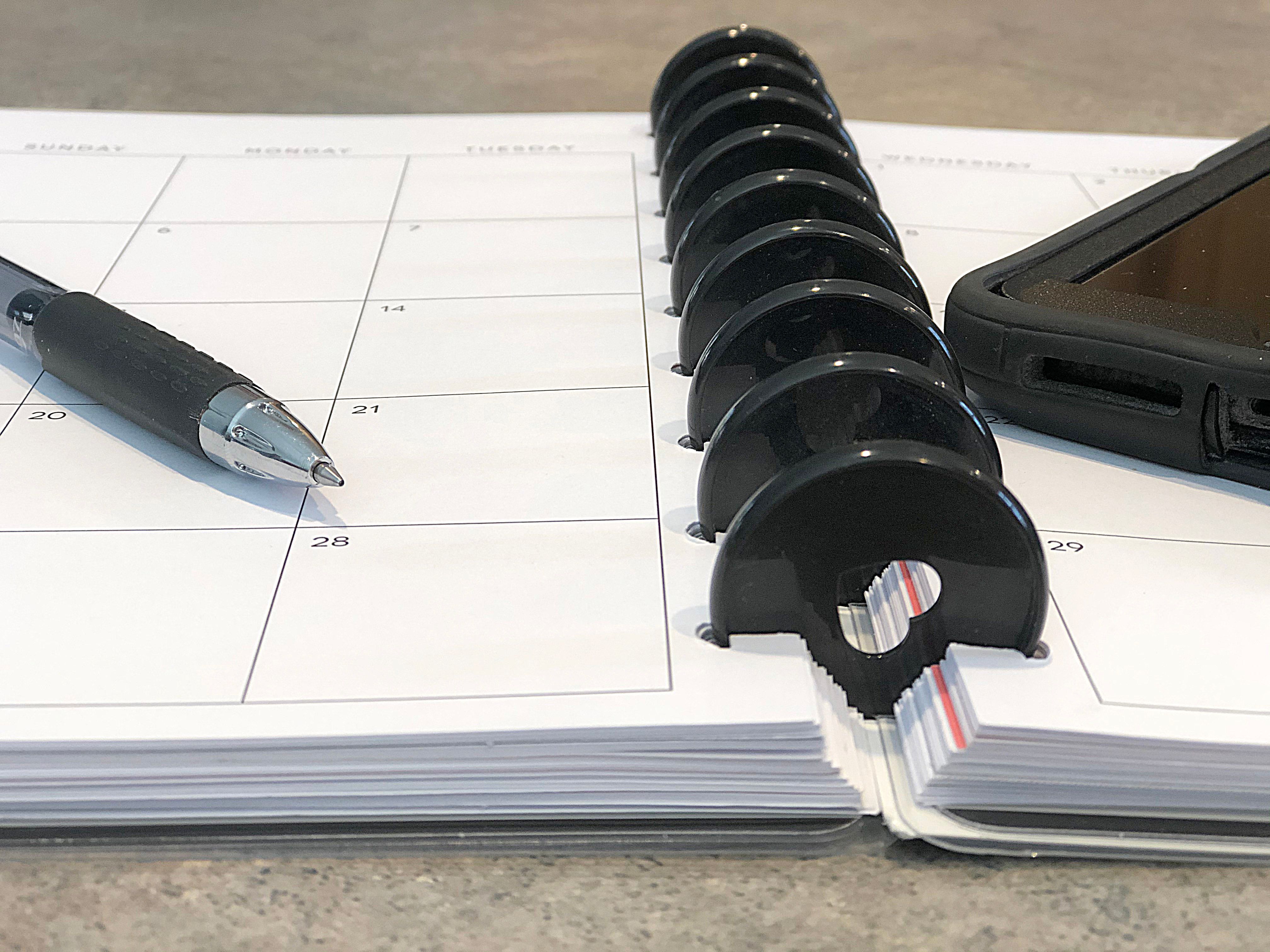The Talking Pictures Film Club: Harold and Maude (1971)
What is The Talking Pictures Film Club?
We're a group who gather together over our shared love of movies to discuss our favorites, the themes, genres, and performances of each month's picks. Films will be available to borrow in DVD format at the circulation desk and, when available, we will also let you know where you can stream the films at home. After we've watched the movie, we'll meet on the second Thursday morning of each month for friendly conversation.
This month's pick: Harold and Maude (1971)
Genre: Romantic Comedy
Streaming options:
Plot Summary:
A teenager with a death wish and a 79-year-old high on life find love in Hal Ashby's cult black comedy. Deadpan rich boy Harold (Bud Cort) keeps staging elaborate suicide tableaux to get the attention of his mother (Vivian Pickles), but she keeps planning his brilliant future for him instead. Obsessed with the trappings of death, Harold freaks out his blind dates, modifies his new sports car to look like a mini-hearse, and attends funerals, where he meets the spirited Maude (Ruth Gordon). An eccentric to the core, Maude lives exactly as she pleases, with avid collecting and nude modeling among her many pursuits. To the disgust of Harold's relatives and the befuddlement of Harold's shrink, Harold falls in love with her. As lilting Cat Stevens tunes play on the soundtrack, Maude teaches Harold a valuable lesson about making the most of his time on earth.
Harold and Maude is a 1971 American romantic black comedy-drama film directed by Hal Ashby and released by Paramount Pictures. It incorporates elements of dark humor and existentialist drama. The plot follows the exploits of Harold Chasen (Bud Cort), a young man who is intrigued with death, and who rejects the life his detached mother (Vivian Pickles) prescribes for him. Harold develops a friendship, and eventual romantic relationship, with 79-year-old Maude (Ruth Gordon) who teaches Harold about the importance of living life to its fullest. Critically and commercially unsuccessful when first released, the film eventually developed a cult following, and first made a profit in 1983. The film was selected for preservation in the National Film Registry in 1997, and was ranked number 45 on the American Film Institute list of 100 funniest films of all time in 2000.








